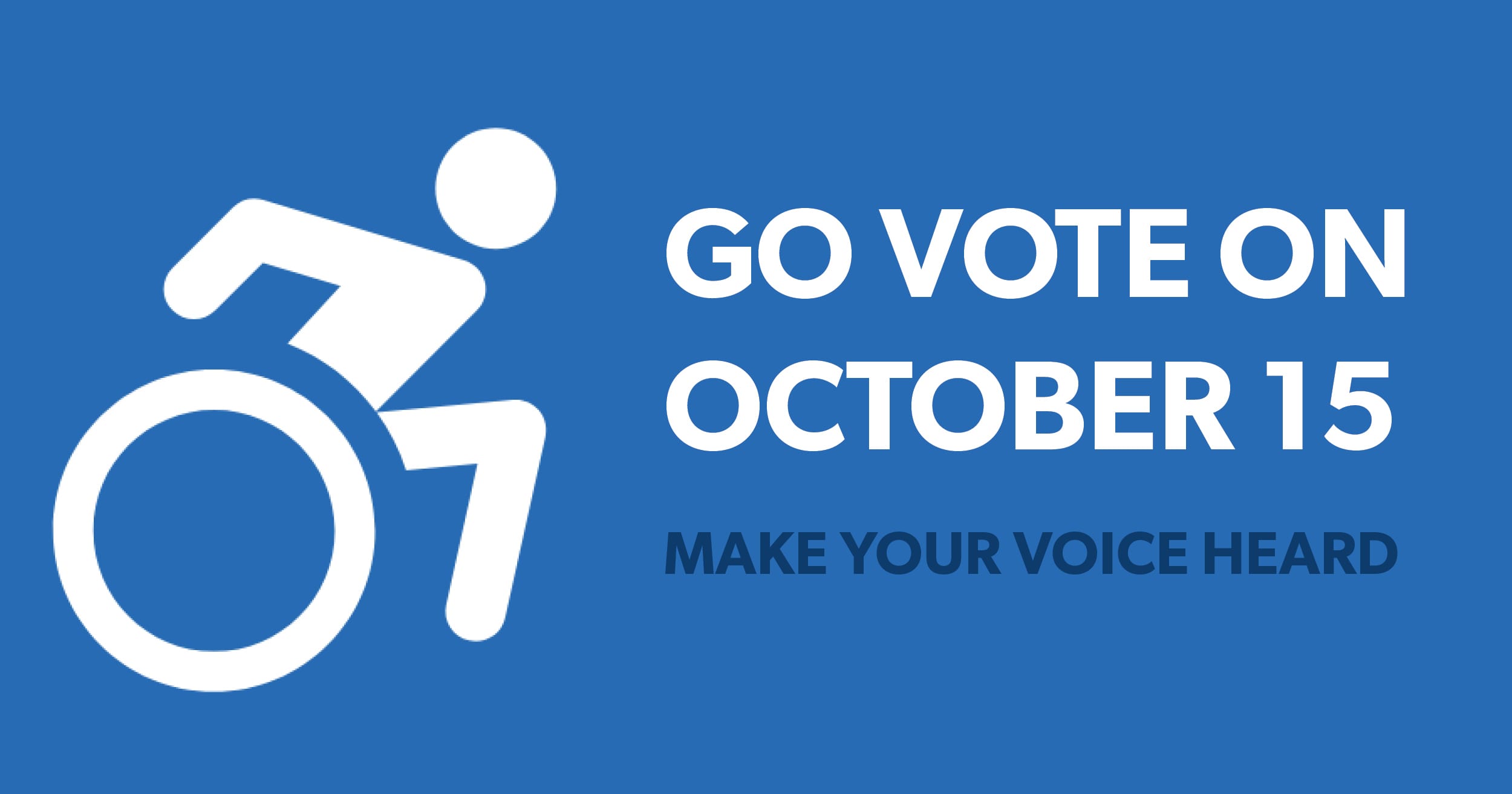We often hear of people falling through the cracks in our system. Some readers may even be falling through the cracks themselves. It’s a terrible thing for a service provider to have to say to someone who needs help that there is nothing available in the public system that they are eligible for. It’s even more frustrating for people who are in serious need of assistance to hear that their particular situation is not one that falls into the mandate of any current public service or organization.
People will say that “they” should fix the problem, fill in the gaps, and provide the services that people need. I’ve noticed, however, that people generally aren’t aware of what is lacking within our system until they need something urgently themselves This happens when their situation changes or because they are advocating on behalf of someone they are close to.
I’ve said it many times that society needs to take responsibility for our social programs. We need to get past the idea of assuming everything will be available to people whenever they need it. Cuts in recent years have meant changes in what is provided from all levels of government, leaving non profits to try to fill in the gaps as best they can with limited resources.
Clearly governments cannot provide every program that every person might ever want. It’s up to us to have a conversation about what level of programming we expect and to be aware of the cost implications for whatever we as a society choose. After all, if we don’t get involved, it means that we are relying on someone else to decide what benefits are available to us during time of need.
These are complicated issues and take time to work through. It’s incumbent on all of us to play our part in ensuring that appropriate programming is available so that when we need assistance, we will have some reasonable options.
I’m not here to try to try to tell anyone what social programming we should expect in BC or in Canada. I have my own thoughts about the main issues we need to address, but the important point is that anyone affected by our social system needs to take the time to join the conversation about what kind of system we want. In my opinion, that means everyone needs to participate. We will all need the system ourselves at some point, or will know someone who does. Rather than waiting until that time and then noticing what’s missing, let’s discuss it now.
Some of the issues that I think people should consider when formulating recommendations for our social systems are listed below, along with my thoughts on why these things matter. Keep in mind that these issues tend to be interrelated and are listed in no particular order.
- Housing: Shelter is one of the most basic human needs, especially in winter. Without a safe and healthy place to spend one’s time, everything else in life becomes much more difficult. Anyone who is lower income can experience problems finding shelter but those with mobility challenges face more barriers because of the lack of accessible housing options. It is hoped that the great recent changes in Vancouver’s housing bylaws will help alleviate the situation. However, it will take time for the effects to be felt in the housing market in Vancouver, and people in other parts of the province still face these problems. Many people with disabilities live on lower incomes, further reducing the options available.
- Income: Without adequate income, it is very difficult for people to meet even their basic needs, much less have the time and energy to develop quality of life. I’m not talking about having access to luxuries. When a person has to make a choice between food and medication, or between a new cushion for the wheelchair and paying the hydro bill, there is a problem. Members of the public often assume, until they are faced with these decisions themselves, that medical equipment and medications are covered by our social support system. Unfortunately, not everything is covered and a lot depends on which funding source supplies the income. Budgeting is all well and good, but when there aren’t enough dollars to cover the essentials, all the penny pinching in the world won’t help. And let’s be clear: for people with spinal cord injury, there are many essentials to pay for each month that most members of the public have never even thought of.
- Equipment: For people without an extended medical plan, equipment costs can be very high. Although coverage is available through the province for people who qualify, this program doesn’t cover everything. We know that equipment plays a big role in health so it’s important to ensure that people get what they need. Again, this is not about having access to luxury items, but rather getting good basic seating, timely and reliable equipment repairs, enough catheters to last the month, etc. People who haven’t had to buy this equipment don’t know how expensive it is, or how quickly seemingly small purchases can drain the budget.
- Employment: Rates of employment for people with disabilities still lag behind the rest of society. Employment options for people who are able to work can help alleviate some of the other issues listed here. Even for people who can’t work full time, being able to consider part time or casual work without losing pension income or equipment benefits can make a difference in quality of life.
- Education: Schools are becoming much more accessible all the time, which means that more people have the opportunity to get an education and consider different career options. However, post secondary education is expensive and for people already facing some of the other challenges listed here, it can be very difficult to finance.
- Transportation: Whether it’s through adequate accessible public transportation, including HandyDart, access to accessible taxis for unscheduled trips, or affordable access to modified vehicles, being able to get around the community plays a big role in people’s lives.
- Access to Health Care: I see this as including access to physical therapy once back in the community, as well as access to trained family doctors and specialists, and appropriate medication. Health is not just about the absence of disease, but rather about the promotion of holistic health. Unfortunately, the secondary complications of spinal cord injury add extra challenges into the health care equation and not everyone has access to the same level of service.
Have I missed something that you feel is vital? Please comment so that we can learn from each other.
If you want to know more about what is currently available, or develop ideas about how to make your voice heard, please contact InfoLine at 1 800 689 2477 or info@sci-bc.ca. We can discuss eligibility for existing programs and help you understand your advocacy options.




